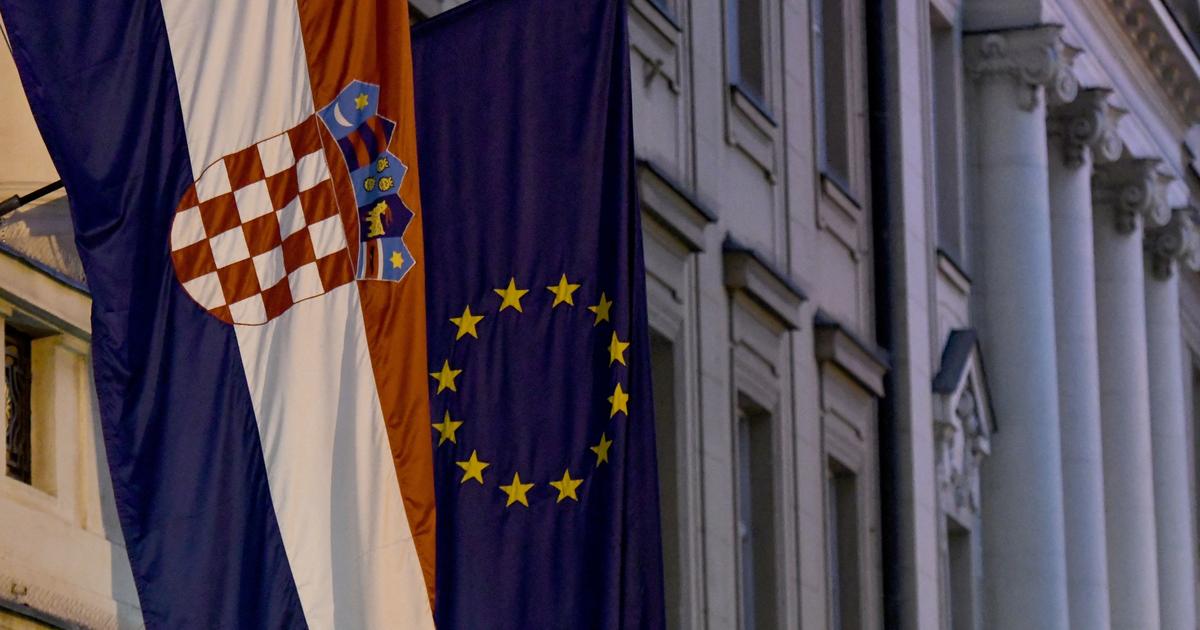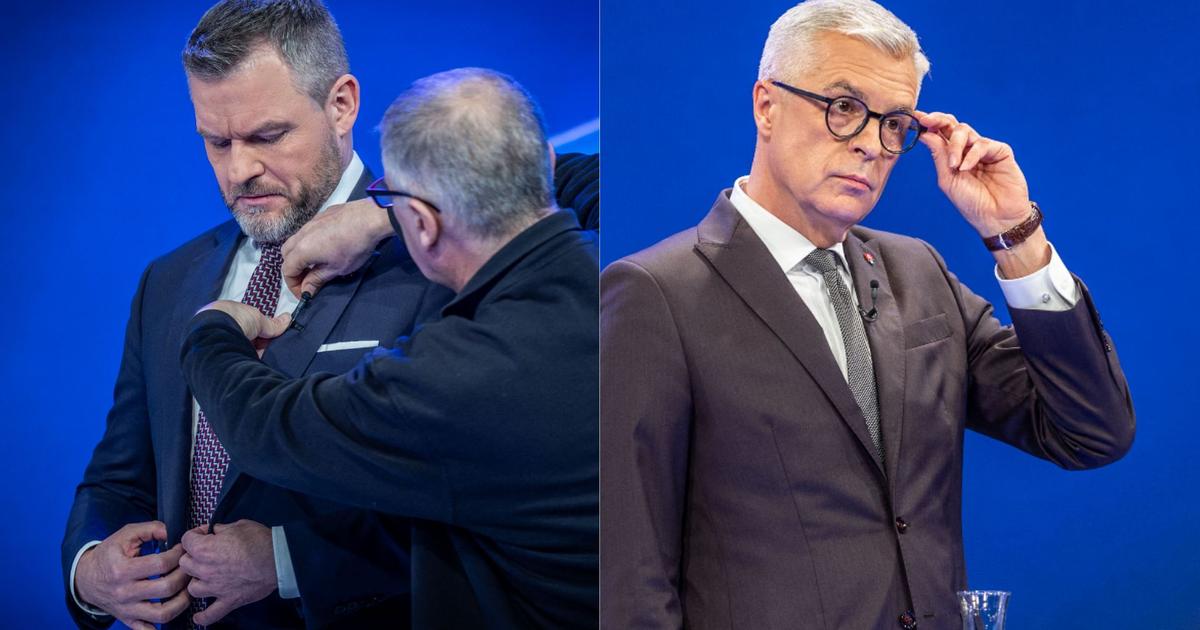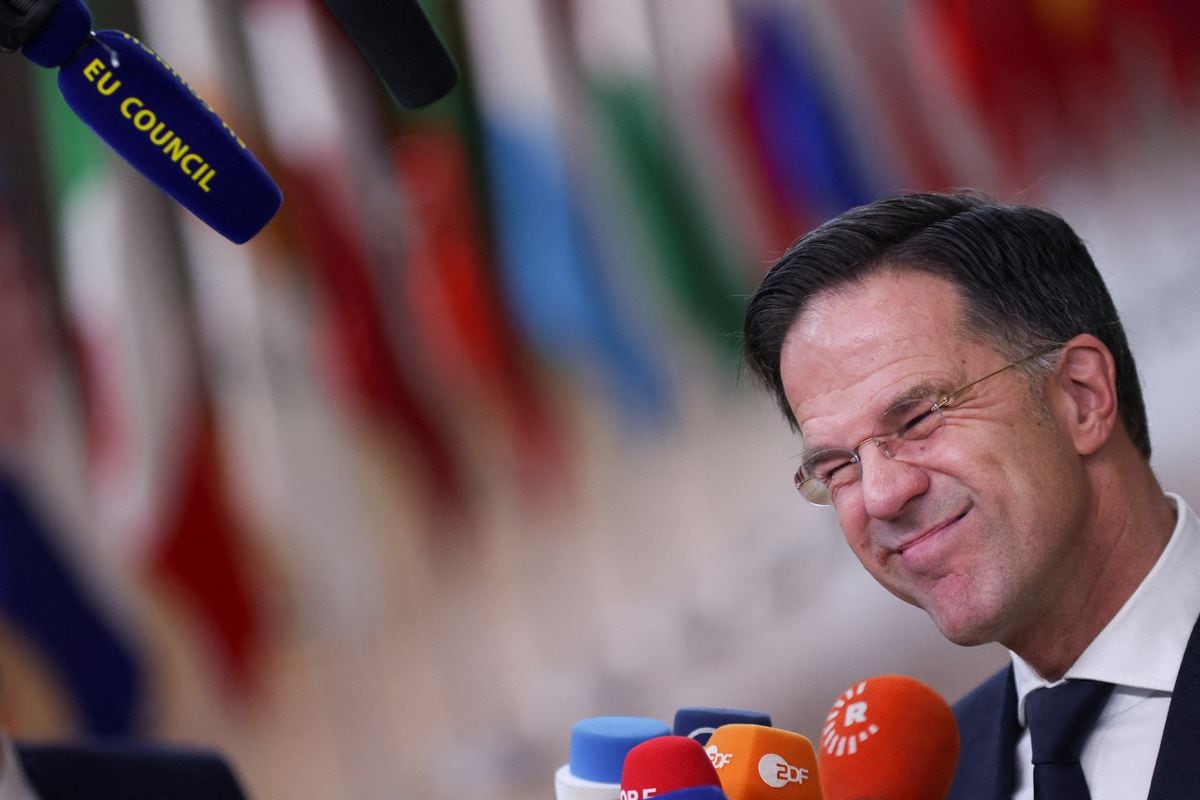Andrej Plenkovic (Zagreb, 1970), Prime Minister of Croatia since October 2016, faces this interview in his presidential office on Monday, January 16, with an optimistic mood.
On January 1, his country entered the euro zone and the Schengen area, just a decade after joining the European Union in 2013. Romania and Bulgaria, which joined the EU in 2007, are still knocking on the door of a space that houses 423 million inhabitants in 27 States without internal borders.
He believes that all the changes that full integration will bring will be positive.
Plenkovic was an MEP and deputy ambassador in Paris.
He has an impeccable command of English, French and Italian.
He has led a coalition government since 2016, headed by the conservative Croatian Democratic Union (HDZ).
He represents the more moderate part of his party and has weak opposition on both the left and the right.
In the European Union, he intends to do everything possible to help the incorporation of the Balkan countries, including Kosovo, which Spain does not recognize as an independent state.
Question
.
How has Croatia changed in its ten years of joining the EU?
Answer
.
The whole of society has matured since 2013. We are more mature in terms of how institutions work.
We have progressed economically and there is a better quality of life.
Q.
_
How did Croatia's war against Serbia (1991-1995) affect membership in the EU?
R.
_
It was a brake.
While others could focus on adapting their laws and economy, we had to deal with occupied territories, with killings of 20,000 people [of which 15,000 were ethnic Croats], with more than 30 billion dollars of war damage… Now I am investing in keep all the minorities in the parliamentary coalition, especially the Croatian Serbs, who are already participating in my second government.
A lady who was eight years old when many Serbs left Croatia is now Deputy Prime Minister [Anja Simpraga] and she is only 35 years old.
We need all Croats working for a more tolerant and Europe-oriented society.
Q.
_
How will full integration into the EU affect the country?
R.
_
Everything will be positive.
In tourism, 82% of arrivals come from the Schengen area.
And 20% of our GDP comes from tourism.
That is why I expect a boost this year in tourism like we have never seen.
The small setback is the unfair behavior of some of the economic operators, who have increased the prices of their products or their services just after the conversion to the euro.
We expect GDP growth of up to 6%.
Inflation, a little above 10%.
We have survived the 2022 crisis well, which was notable because of the brutal Russian aggression against Ukraine.
There have been neither bankruptcies, nor social revolts, nor social fracture.
Q.
_
Is Croatia at risk of over-exploitation of tourism?
R.
_
We have just under four million inhabitants.
And this season we have had 20 million tourists.
In proportion, no major country has so many visits.
Our strategy is based on a keyword, which is sustainability.
On the coast there are certain cases of excess concrete.
But we still have many charming Mediterranean destinations that are more conservation oriented than many other competitive Mediterranean tourism markets.
Q.
_
Is it possible that citizens feel that the economic situation could be better?
R.
_
Of course.
We live at an unprecedented speed because of technology.
Everybody wants it all and they want it now, as Freddie Mercury said.
In Croatia, because we were the victim of [former Serbian president] Slobodan Milosevic's policy, our utopian ambitions were curbed.
Our serious path towards European integration did not start until the year 2000. Unlike Poland, Hungary, the Czech Republic and Slovakia, which started in 1989. That is why these ten years of delay are still visible.
So the fact that we manage to overtake Bulgaria and Romania [in joining Schengen] is very unusual.
I support these two countries and will do everything possible to help them.
Q.
_
How will you stop irregular emigration at your borders?
R.
.
We have opted for the decision not to build fences, walls or barbed wire between Croatia and Bosnia-Herzegovina.
It is a friendly country, which has no other place to go than Croatia.
It was a smart decision.
What is key is that the [conservative] Greek government of Kyriakos Mitsotakis has changed the visa policy with respect to the [leftist] Syriza.
Because before you could walk through Turkey to Greece and then to Macedonia, Bulgaria, Serbia, Hungary, Croatia… Once some of the illegal immigrants arrive in Bosnia-Herzegovina or Serbia as tourists, with the regime of visa waiver by plane, then cross a green border to the West and become illegal immigrants.
That is why we are talking with Serbia to eliminate these practices.
Q.
_
What is the pending subject of the country?
R.
_
We have invested heavily in highways.
But for a long time the railway was neglected.
And this is where our Ministry of Transport plans to invest 4 billion euros in the next ten years, because the railways were literally left as they were in the context of the war.
Plenkovic, after the interview, on January 16. Francisco Peregil
Q.
_
How is it explained that a country that has achieved full integration into the EU in a decade has lost 10% of its population during that time, partly due to emigration?
R.
_
There are two problems.
On the one hand, we have a negative natural growth rate typical of an aging society.
In 2022 we have had only 33,000 newborns.
After World War II, we almost reached 100,000.
The second element is that since we entered the EU there has been free movement.
And we have no power to say to Croats: "Please don't go to Germany, where your salary will be higher."
But when the country develops, people will have better salaries.
And then, this tendency will become a return process.
Q.
_
Does Croatia's full membership of the EU send a message of encouragement in the Balkans, especially to Serbia and Kosovo?
R.
_
For all.
Croatia is an example, just like Slovenia was for us.
We are an excellent example for the other six countries that have remained in Europe's great backyard: Serbia, Montenegro, North Macedonia, Albania, Kosovo and Bosnia Herzegovina.
Our idea is to prioritize the Western Balkans region on the [European Union's] agenda.
And I am sure that its president, Pedro Sánchez, shares this ambition.
He knows the region.
Q.
_
The use that your Administration makes of European funds receives a lot of criticism in your country.
R.
All governments receive criticism, but we have a solid situation compared to the previous financial perspectives.
We have to be very careful to prevent and punish any corrupt practices through the use or abuse of funds.
But the system is now solid.
I would say that we are not at the level of the founding states.
But compared to the next generation [of countries incorporated into the EU], only Spain and Italy are much faster than us [in using the funds].
Q.
How do you face the reconstruction, after the 2020 earthquake, which has also received a lot of criticism?
R.
We have just presented the new Deputy Prime Minister for Construction [Branko Bacic, the third in two years].
We have two objectives: to make full use of the money from the EU Solidarity Fund and, second, to get people out of temporary accommodation conditions.
It was a very tough situation, because in 2020, in the middle of the pandemic, we had two earthquakes: one in the center of Zagreb and another in the Sisak-Moslavina region, which had already suffered great destruction during the war and had a great depopulation problem.
If there is a region that needs special attention and care, it is that one.
Follow all the international information on
and
, or in
our weekly newsletter
.
Subscribe to continue reading
Read without limits
Keep reading
I'm already a subscriber

/cloudfront-eu-central-1.images.arcpublishing.com/prisa/X6SVGCDVOJADJBG6SDSKMBG6UY.jpg)








/cloudfront-eu-central-1.images.arcpublishing.com/prisa/KMEYMJKESBAZBE4MRBAM4TGHIQ.jpg)



